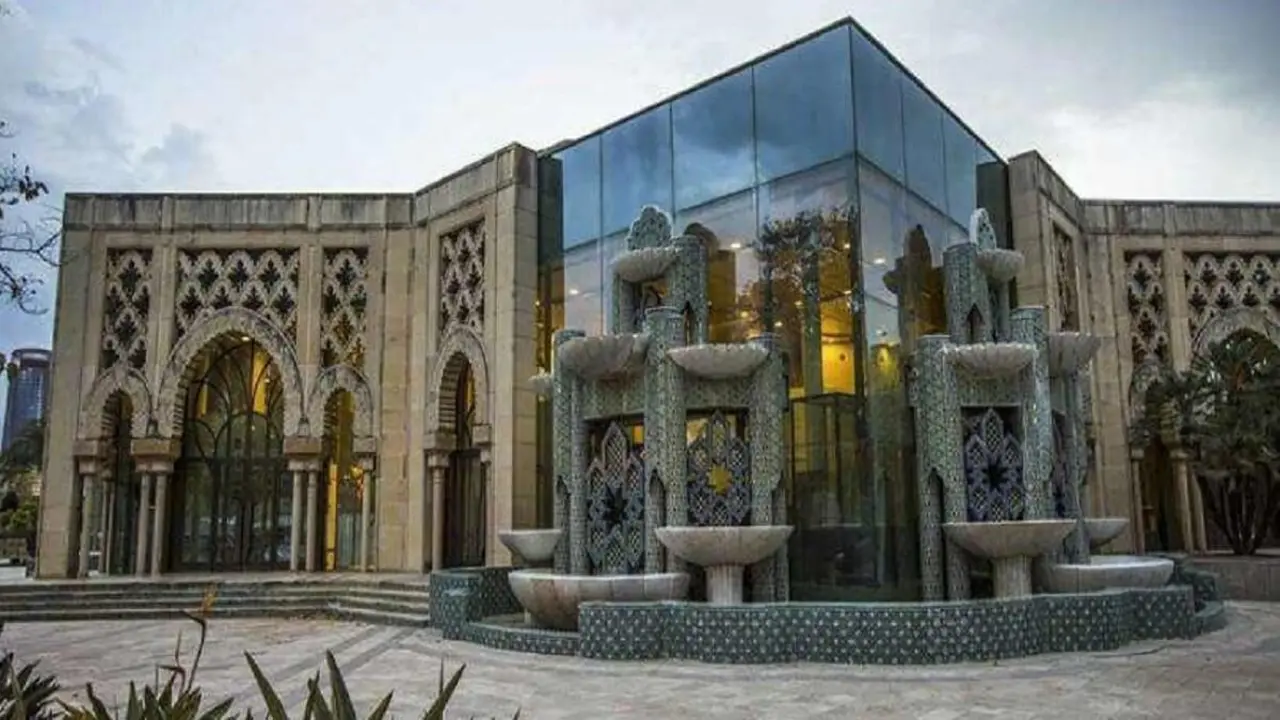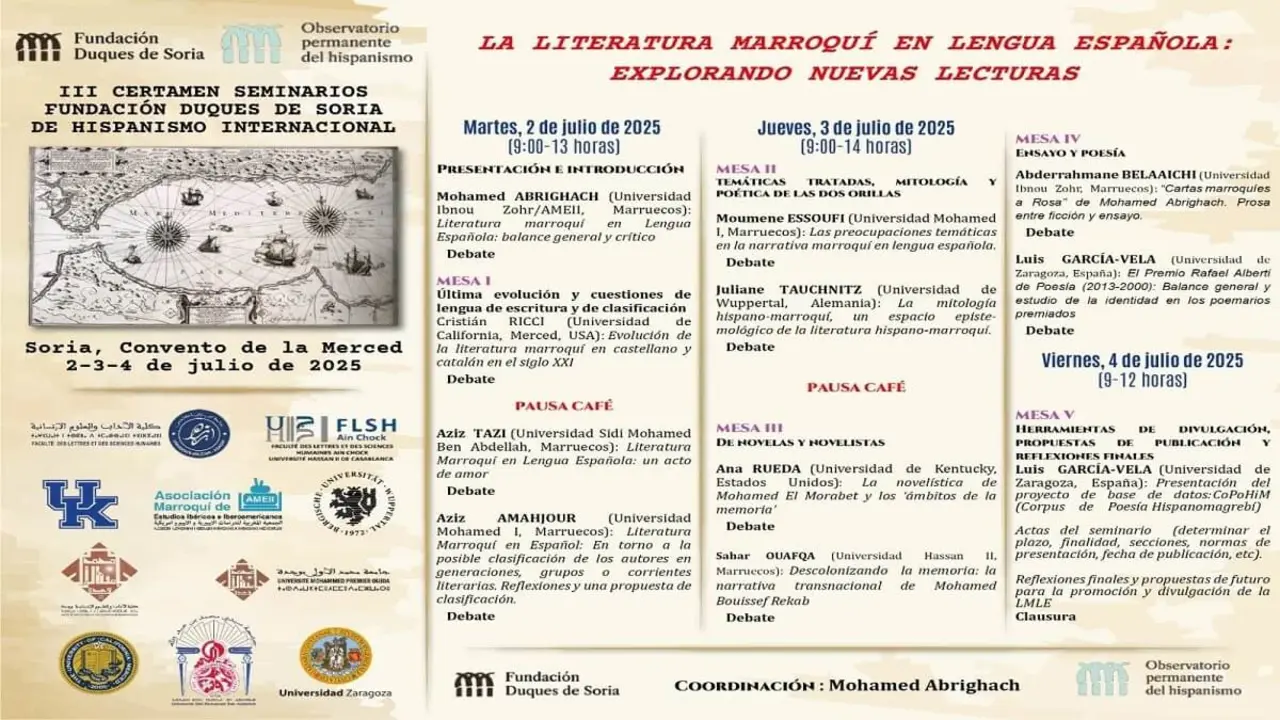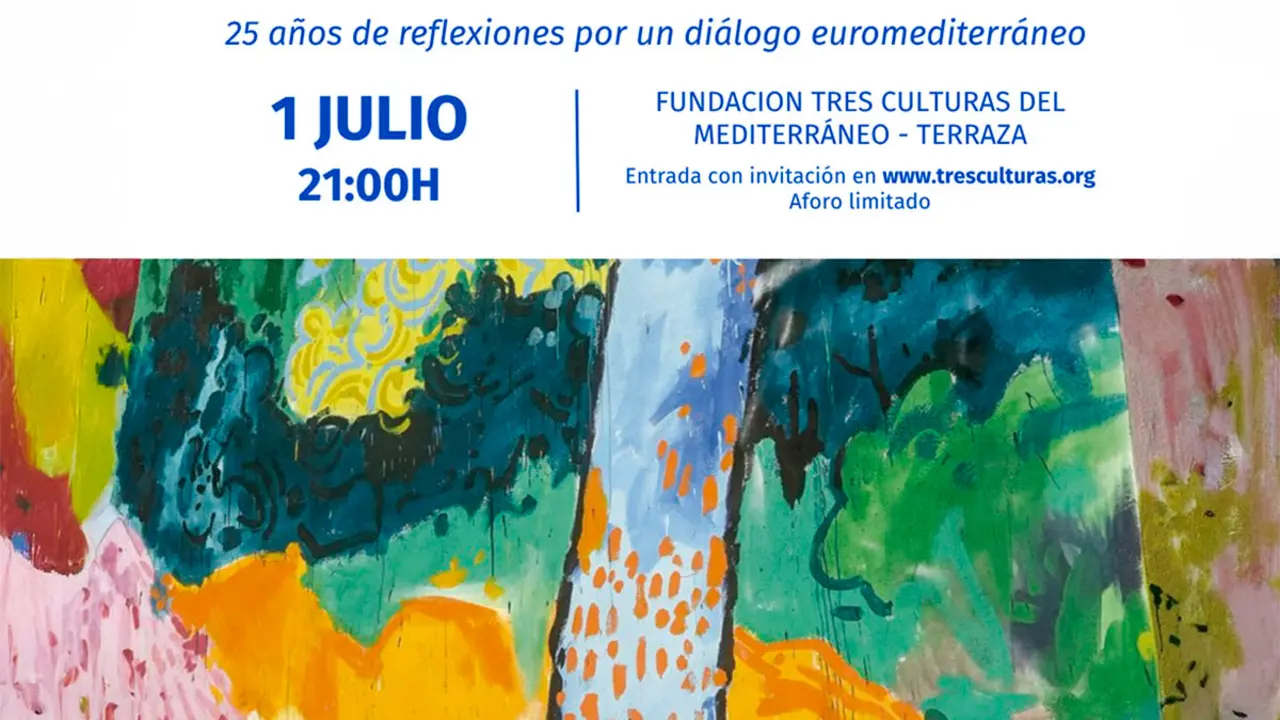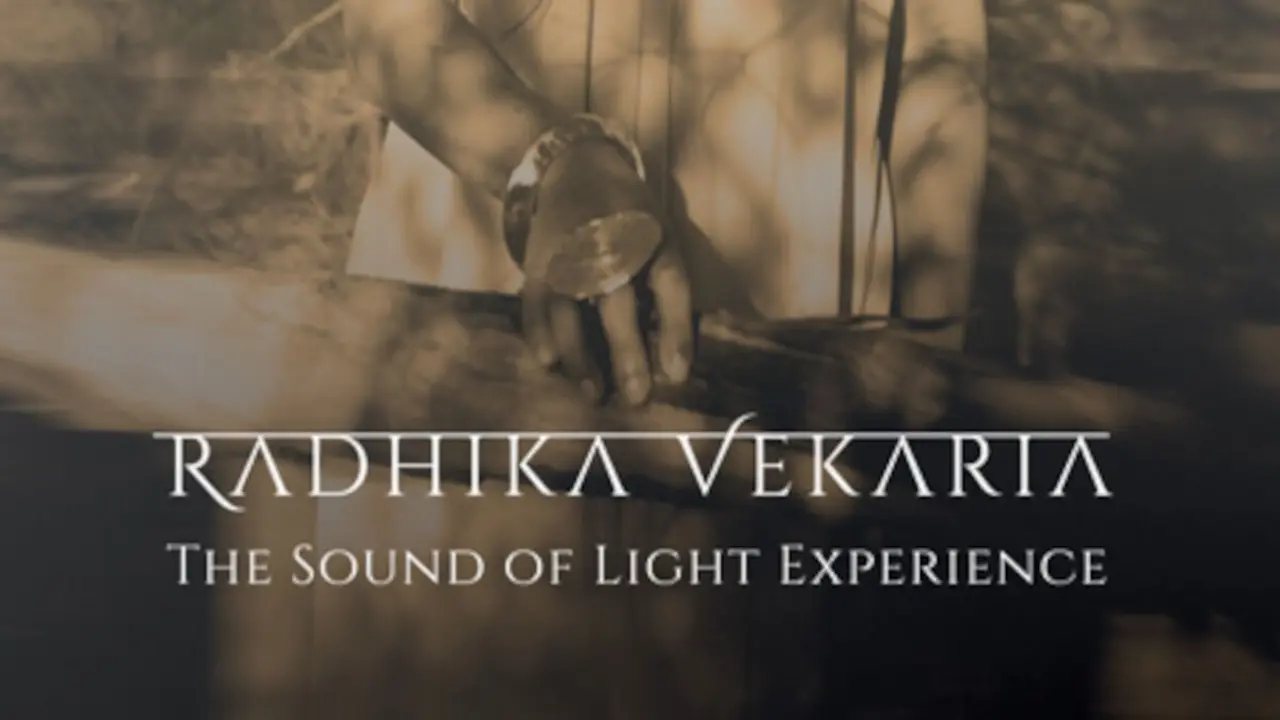The Cervantes Institute will land in Melbourne, Australia's most cosmopolitan city

The Cervantes Institute will soon arrive in Melbourne, which will become the second city in Australia with a presence of the institution, whose only centre, located in Sydney, opened in 2009. The director of Cervantes, Luis García Montero, is travelling to the country to sign an agreement with RMIT University (Royal Melbourne Institute of Technology University) which will establish mutual cooperation in activities to promote the Spanish language and disseminate Spanish-speaking culture.
The general protocol of action will be signed on Friday 10 February (at 12:30 local time, 10 hours less in Spain) by Luis García Montero and the Vice-Chancellor for Internationalisation and Collaboration of RMIT University, Saksia Loer Hansen. The signing will be attended, among others, by the Spanish Ambassador to Australia, Alicia Moral Revilla; the Consul General of Spain in Melbourne, Sergio Krsnisk, and senior members of the Australian Government's education administration.
Melbourne, capital of the state of Victoria, in south-eastern Australia, is the second most populous city in the country, with more than five million inhabitants, and also the most dynamic and cosmopolitan city.
The text to be signed envisages multiple academic projects in which RMIT University, with offices in Melbourne, Vietnam and Barcelona, and the Instituto Cervantes, which is present in more than ninety cities on five continents, will collaborate.
For the first time, Cervantes will begin to operate in Melbourne on a face-to-face basis. It will offer a programme of Spanish classes to be taught on the premises of RMIT and will participate in specific programmes for the teaching of Spanish to students from that university who are going to study in Spanish-speaking countries.
This higher education centre will disseminate the online teaching materials offered by the Cervantes Institute through the Spanish Virtual Classroom (AVE). It will also promote the DELE and SIELE exams, with the aim of RMIT University becoming a future examination centre for both types of diplomas in Spanish as a foreign language.
The two entities will also collaborate in the promotion of international agreements for the mobility of students, teachers and researchers, as well as in talent attraction programmes.
The Instituto Cervantes will also have its own space in the university library, and will be able to use other premises for administrative purposes. Among other cultural projects of common interest, both parties will work together to promote science in order to strengthen the links between Australia and Spain in the field of research.
Following the signing of the agreement, García Montero and the Vice Chancellor will hold a press conference at RMIT, a global university of Technology, Design and Enterprise established in 1887, known for its global excellence in Higher Education and Applied Research, and which has some of the most technologically advanced facilities in the world on its campuses.
The Director of Cervantes will then meet with leading Australian Hispanists at another of the city's higher education institutions, the University of Melbourne.
García Montero's working trip to Australia will begin on Thursday, 9 February, at the Instituto Cervantes centre in Sydney, which was inaugurated by King Juan Carlos and Queen Sofía in June 2009.
There he will hold a series of meetings with Cervantes staff, with the President of the Association of Spanish Scientists in Australia and the Pacific (SRAP), Ángel López Sánchez, with the Director of the Australian Centre for Latin American Studies at the University of Canberra, Noel Campbell (who was formerly Australia's Ambassador to Argentina), and with prominent Hispanists to discuss the situation of Spanish in Australia and New Zealand.
The day will conclude with an informal meeting with Cervantes collaborators in Sydney, including the Consul General of Spain in this city, known as the financial centre of the country, and the General Manager of Navantia in Australia.
Spanish is one of the most studied languages and is evolving positively in Australia. By the end of 2021, there were 35,300 students of Spanish in primary education and 17,400 in secondary education. In the last five years, the number of students has grown by more than 51%.
It is the fastest growing European language. The growth of Spanish in the state of Victoria and specifically in Melbourne, together with the city of Sydney, is particularly noteworthy.
The Australian curriculum includes Spanish as a language of study along with twelve other languages (including Aboriginal and sign languages).
Spanish is one of the 10 most studied languages in the Australian education system. Spanish is one of the 10 most widely studied languages in the Australian education system. 67% of its teaching is concentrated in primary education. Secondary and Higher Secondary Education account for 33% of Spanish language teaching in Australia. In the last five years there has been an increase of 61 % of students in secondary education, and 27 % in Baccalaureate, while the number of students from other European languages has been decreasing or stagnating.
In higher education, 21 universities out of 43 teach Spanish at different levels. Only a small percentage of students choose to study a foreign language and there is a general decline in interest in languages at universities.
The state of Victoria has the highest number of Spanish language students in primary education, with 19,500 students (more than half of the total), and the third highest number of Spanish language students in secondary education, with 3,500 students. It is the state where the number of Spanish students has increased the most. In addition, six of its 10 universities teach Spanish.
Submitted by José Antonio Sierra, Hispanismo advisor.








